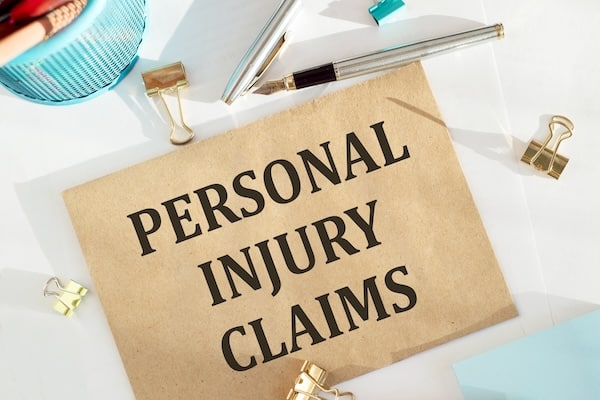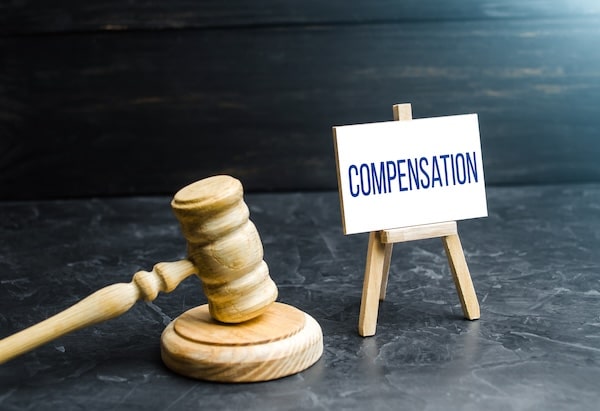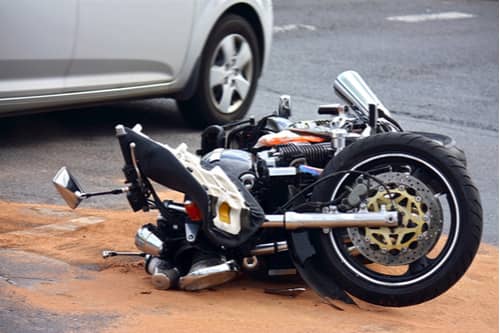Why Fault Matters in Georgia Personal Injury Law
If you or a loved one has been hurt in an accident, understanding Georgia’s comparative fault in personal injury cases is crucial for protecting your rights and securing the compensation you deserve. Under Georgia law, the concept of comparative fault plays a significant role in how damages are awarded in a personal injury case. This article will explore how comparative negligence works, how fault is assigned, and what it means for accident victims pursuing personal injury claims.
What Is Georgia’s Comparative Fault Rule?
Georgia follows a modified comparative negligence system. This means that an injured party can still recover damages even if they were partially at fault, as long as their share of fault does not exceed 49%. If a plaintiff is found to be 50% or more at fault, they are barred from recovering compensation. This is a key distinction under Georgia comparative negligence laws compared to states that follow pure contributory negligence rules. This forms the basis of how Georgia’s comparative fault in personal injury cases operates in practice.
In comparative negligence cases, the court or insurance adjusters determine the percentage of fault for each party involved. For example, if you are in a Georgia car accident and the court finds you 20% at fault while the other driver is 80% responsible, you can still recover 80% of your total compensation. Understanding how Georgia’s comparative fault in personal injury cases impacts your financial recovery is critical.
The Legal Concept of Comparative Negligence
Comparative fault and personal injury in Georgia is built upon the idea that liability can be shared. If both parties contribute to an accident, the court assigns a percentage to reflect each party’s level of negligence. This percentage directly impacts how much compensation an injured party may recover. Under Georgia’s comparative fault in personal injury cases, even a partially negligent party can still seek recovery.
Differences Between Comparative and Contributory Negligence
Unlike states that follow strict contributory negligence laws, where any fault on the plaintiff’s part eliminates the chance to recover compensation, Georgia’s approach allows partial recovery. This difference is a major reason why understanding Georgia’s comparative fault in personal injury cases can influence the strategy of your legal claim.
Modified Comparative Negligence in Georgia
The term “modified comparative negligence” specifically refers to Georgia’s 50% bar rule. It ensures that personal injury claims are still viable even when the injured person is partly responsible, encouraging fairness in complex accident scenarios. The modified system underscores the importance of how Georgia’s comparative fault in personal injury cases ensures proportional justice.
Understanding Legal Duty and Breach in Personal Injury
To establish negligence, plaintiffs must prove that the other party’s negligence involved a breach of a legal duty. This breach must directly result in the injuries sustained. In Georgia, proving this breach with sufficient evidence is critical for any personal injury case, and becomes even more important when dealing with Georgia’s comparative fault in personal injury cases.
Proving Fault Through Evidence Gathering
Gathering evidence is crucial in comparative negligence cases. Attorneys will use:
- Medical records
- Expert testimony
- Police reports
- Witness statements
- Surveillance footage of the accident scene
This evidence helps determine fault and strengthens your case for fair compensation. Because of the structure of Georgia’s comparative fault in personal injury cases, the strength of your evidence can determine how much compensation you retain.
Insurance Company Tactics in Comparative Negligence Cases
Insurance companies often downplay their client’s responsibility and magnify the injured party’s role in an effort to reduce payouts. Working with a seasoned personal injury lawyer helps ensure you’re treated fairly during negotiations with insurance adjusters. In Georgia’s comparative fault in personal injury cases, misassigned blame can significantly reduce your compensation.
Multiple Parties and Comparative Fault
When multiple parties are involved in an accident, assigning fault becomes more complex. Courts must carefully determine each party’s negligence, which can significantly affect the outcome of a personal injury claim. This complexity is heightened in Georgia’s comparative fault in personal injury cases where each party’s fault is meticulously calculated.
Case Example: Georgia Car Accident with Shared Fault
Imagine a scenario where a pick up truck driver speeds through an intersection and hits a turning vehicle. If the turning vehicle failed to yield properly, both drivers could share responsibility. The fault assigned would determine how damages are distributed. This situation exemplifies how Georgia’s comparative fault in personal injury cases handles real-world incidents.
How Georgia Courts Establish Fault
Georgia courts use all available evidence to assign fault. The goal is to ensure that accident victims are compensated fairly, without allowing those who were more at fault to benefit unjustly. The final fault percentage decides how much each party pays or receives, reinforcing the role of Georgia’s comparative fault in personal injury cases.
Recovering Financial Compensation for Personal Injuries
Injured persons may recover for medical expenses, lost wages, property damage, and pain and suffering. Georgia’s system ensures that compensation awarded reflects each party’s actual responsibility. It’s essential to understand how Georgia’s comparative fault in personal injury cases can adjust the total amount recovered.
Partial Fault Doesn’t Eliminate Compensation
Being partially negligent does not prevent recovery in Georgia. If you share partial fault but are under the 50% threshold, you can still recover a portion of damages. This principle is a cornerstone of Georgia’s comparative fault in personal injury cases, which protects partially at-fault victims.
Navigating Personal Injury Claims in Georgia
Successfully navigating personal injury claims involves understanding complex legal principles and adhering to procedural rules. A skilled personal injury attorney can guide you through the legal maze and help you avoid pitfalls that could jeopardize your case. This is especially important under Georgia’s comparative fault in personal injury cases.
Legal Representation Improves Case Outcomes
The value of hiring a personal injury lawyer cannot be overstated. Lawyers help build your case, negotiate with insurance adjusters, file necessary paperwork, and represent your interests in court. Their experience can make the difference between winning and losing, especially under the nuances of Georgia’s comparative fault in personal injury cases.
Comparative Fault in Wrongful Death Cases
Even in wrongful death cases, Georgia’s comparative fault in personal injury cases applies. The court may determine how much the deceased contributed to the event and adjust the compensation for surviving family members accordingly. Understanding this helps you approach such claims with the appropriate strategy.
Understanding Your Rights Under Georgia Law
Knowing your rights under negligence laws is vital. If the defendant breached a duty of reasonable care, and you can prove it with sufficient evidence, you are entitled to compensation. Always consult with an attorney to evaluate your legal options. Under Georgia’s comparative fault in personal injury cases, this knowledge is key.
Schedule a Free Consultation
Understanding Georgia’s comparative fault in personal injury cases is essential for any injured party. Whether you’re dealing with medical expenses, lost wages, or emotional distress, the skilled legal team at Hartley, Rowe & Fowler is here to help. Don’t face the complexities of comparative negligence alone or risk losing the compensation awarded to you.
Call us today 678-825-6004 or schedule your free consultation online to speak with a trusted personal injury lawyer who will fight for your rights, help you recover compensation, and ensure you receive the fair settlement you deserve. Take the first step toward justice—we’re ready to stand by your side in any case involving Georgia’s comparative fault in personal injury cases.











